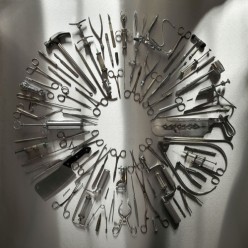Biography
Carcass are a British extreme metal band from Liverpool, who formed in 1985 and disbanded in 1995. A reformation was enacted in 2007 without one of its original members, drummer Ken Owen, due to health reasons.
Carcass are regarded as pioneers of the grindcore genre. Their early work was also tagged as splatter death metal, hardgore, and goregrind; on account of their morbid lyrics and gruesome album covers. They also became one of the pioneers of melodic death metal with their 1993 album Heartwork.
Contents 1 History 1.1 Early days (1985–1989) 1.2 Progress (1990–1993) 1.3 Columbia (1993–1995) 1.4 Demise (1996–2006) 1.5 Reformation (2007–2012) 1.6 Surgical Steel (2012–present) 2 Influences 3 In Popular Culture 4 Band members 4.1 Current members 4.2 Past members 4.3 Live members 4.4 Carcass lineups 4.5 Timeline 5 Discography 6 References 7 External links History Early days (1985–1989) Jeff Walker at Gods of Metal, Bologna, Italy (2008)Carcass was formed as a D-beat band by guitarist Bill Steer together with drummer Ken Owen in 1985 under the name Disattack. After releasing a demo entitled A Bomb Drops ... in 1986, Paul (bassist) and Andrew Pek (vocalist) of Disattack left the band and were replaced by vocalist Sanjiv and bassist Jeff Walker, formerly guitarist and vocalist of the Electro Hippies. At about the same time, Bill Steer joined Napalm Death (replacing Justin Broadrick) and recorded the second side of what became Napalm Death's first album, Scum. Walker also designed the cover art for Scum.
Disattack then changed its name to Carcass. In April 1987, they recorded the Flesh Ripping Sonic Torment demo, the only Carcass recording featuring vocalist Sanjiv, who left shortly after. Walker, Steer and Owen shared vocal duties for the debut album, which was done in only four days. Despite the primitive production values of Carcass's debut Reek of Putrefaction, with which the band was very displeased, it became a favourite of Radio 1 legend John Peel. Due to his interest, they were asked to participate in their first Peel Session in 1989, where they debuted new material for their second album. The Peel Session was released as an EP with the band members adopting pseudonyms: K. Grumegargler, J. Offalmangler, and W.G. Thorax Embalmer. Also that year, Steer and Walker appeared as members of Lister's fictional band Smeg and the Heads in an episode of Red Dwarf.
Progress (1990–1993) Bill Steer at Gods of Metal, Bologna, Italy (2008)Symphonies of Sickness, the second album, which contained a much improved production quality (courtesy of Colin Richardson), featured more death metal structures and longer songs with more slow passages. The second half of the tour in support of Symphonies of Sickness saw the addition of second lead guitarist Michael Amott, whose previous work included Carnage. Amott was to become a permanent member, playing on the second Peel Session and contributing material towards their third album.
Necroticism – Descanting the Insalubrious showed even more intricate composition, further improved production and guitar solos. Despite the addition of Amott to the ranks, Steer still handled all rhythm guitar duties, with Amott only contributing leads and one riff. Carcass again supported the album with heavy touring, and were part of the Earache 'Gods of Grind' tour with Cathedral, Entombed and Confessor in both Europe and the United States.
The Tools of the Trade EP was released in 1992 to coincide with the "Gods of Grind" tour.
Columbia (1993–1995) Michael Amott at Gods of Metal, Bologna, Italy (2008)The band's fourth album, Heartwork, was released in late 1993. It was considered a radical change by many fans, which eliminated Steer's deeper vocals and the clinically gory lyrics. Again, Steer handled all rhythm guitar duties, this time due to Amott losing his passport in India (thus making him unable to return to England in time to record). Song structures, whilst still containing musically complex parts, were simpler, in some cases using the verse/chorus/verse formula.
After the release of Heartwork, Carcass signed a worldwide deal with Columbia Records, who hoped for commercial success, even suggesting that Jeff Walker learn how to sing. Michael Amott left the band right after Heartwork was recorded, and was for a while replaced by Mike Hickey, who was later replaced by Carlo Regadas.
During the summer of 1994, Walker remixed the track "Inside Out" for a Die Krupps remix album, although the version stayed fairly true to the original with the exception of Owen's drum samples from Heartwork replacing the Die Krupps original, and additional mixing from Walker and Colin Richardson at Parr Street studios (where Heartwork was recorded).
Carcass now set about writing songs for their major label debut. During the December 1994 UK tour Carcass showcased two songs from their current writing sessions – "Edge of Darkness" and "Firmhand", both showing a more straight forward song writing approach than on previous efforts. Around this time, "Edge of Darkness" was recorded for the BBC Radio 1 Rock Show sessions – a session which could be found on later compilation albums.
By late 1994, 17 songs were ready and the band set about using their $200,000 advance to record the album, again with Colin Richardson, at Rockfield studios in Monmouth, South Wales in early 1995. During the 6-week recording schedule the record label began to withdraw support, stating that Carcass were not ready to record, and needed to write more songs. This advice was ignored, as was the suggestion to have Terry Date remix the album, and the band continued. At the time, Jeff Walker stated in an interview with the UK's Metal Hammer Magazine that the album was taking more of a classic rock approach, with drums, bass and twin guitars à la Thin Lizzy, in comparison to earlier "multi-layered guitar" productions. This has since been put down to Bill Steer's unwillingness to perform the time consuming guitar layering (as once again Steer performed all rhythm guitar) through losing interest in the metal genre.
During the Swansong recording sessions, Carcass were asked to remix a Björk track - "Isobel". This wasn't a remix as such but more of a re-recording with only Björk's vocals remaining. All rhythm guitars were handled by Steer, and the track saw the light of day in March 1996 on Björk's "Hyperballad" single.
Demise (1996–2006)Continuing record company problems with Columbia/Sony caused the album to be delayed from late summer 1995 to June 1996, in which time Carcass moved back to Earache Records, and broke up before even releasing Swansong. The move back to Earache was dubbed by Walker as "the second great rock and roll swindle" as they had effectively been paid twice for the same album. Swansong featured twelve of the seventeen tracks put to tape during the recording sessions. Walker has since stated in interviews that all seventeen songs should have been included in a double album, and that some songs omitted from Swansong were actually stronger than some of Swansong 's actual content. Carcass also remixed Killing Joke's "Democracy" (by re-recording the music, but keeping the original vocals), although this time Regadas performed all guitar duties, as it is thought Steer had quit the band by early 1996. The Carcass "Rooster Mix" was made available on Killing Joke's Democracy. Around the time of Swansong's release, Carcass informed the press that they were ending the band without even a farewell tour, but most fans had guessed this may be the case via the album title.
The album sold well, staying near the top of the Indie Rock Chart in the UK for several months, above bands such as Placebo, despite having no touring support from the band. It is rumoured that the band were offered several lucrative tours in 1995, such as supporting Iron Maiden on their "X-Factour 95" tour, which had the album been released as expected in 1995, could have improved the band's sales and longevity.
A posthumous compilation, Wake up and Smell the... Carcass was released in October 1996 to collect together Carcass' rarer material, including unreleased material, songs only available on EPs and compilations, and live tracks. An accompanying video was released a few weeks after the Wake Up CD with little knowledge from the band or their management. The video, later released on DVD, featured five of the band's promotional videos, a show from the Grindcrusher 1989 tour (as a three piece) and a show from the 1992 Gods of Grind tour. Sound on the two live shows is poor, particularly the latter, which Walker has described as "unmixed".
Owen, Walker, and Regadas continued with the band Blackstar, accompanied by former Cathedral bassist Mark Griffiths, using the second Swansong advance from Earache to fund the recording. Blackstar, later Blackstar Rising, became defunct after drummer Owen suffered a severe cerebral hemorrhage. Amott went on to found hard rock band Spiritual Beggars and successful Swedish melodic death metal band Arch Enemy. In the biggest musical departure, Steer formed Firebird, a Clapton-esque rock band.
Reformation (2007–2012) Carcass at Rock Al Parque (2008)In June 2006, in an interview with Walker, he discussed the possibility of reforming Carcass, but mentioned that it was unlikely that Owen would participate, since he could not replicate his former drumming proficiency due to the effects of the cerebral hemorrhage he suffered in 1999. In September 2007, Michael Amott announced that he was rehearsing with Bill Steer, Jeff Walker and Daniel Erlandsson (replacing Ken Owen) in secret to rehearse old Carcass songs for a possible reunion tour. The original plans were to play at several festivals during the summer, but they couldn't meet the deadlines.
In October 2007, Carcass were confirmed to play at German heavy metal festival Wacken Open Air and Finland's Tuska Open Air Metal Festival in 2008. Carcass later embarked on a reunion tour, beginning on 6 June 2008 at the Sweden Rock Festival in Norje, Sweden. Carcass also played at Hellfest Summer Open Air, Metalcamp and several other festivals. The band toured Australia and New Zealand in 2008, and then in North America during September and October 2008, followed by the band's first South American tour, playing in Colombia, Chile, Argentina and Brazil. On 15 November 2008, Carcass headlined the Danish Metal Awards held in Amager Bio, Copenhagen, Denmark. Steer also presented the award for Best Danish Debut Album, which went to SCAMP for Mirror Faced Mentality. Carcass surprised the audience by bringing Ken Owen to the stage where he gave a brief drum solo to show how far he had come in recovering from his illness. Carcass performed an exclusive UK show at the Damnation Festival in Leeds. It was the first time Carcass had played in England in 14 years.
Carcass re-released their entire back catalogue with bonus material during 2008 on Earache Records. When asked if the band were planning on writing and recording a new album, Steer replied:
“ I would be very surprised if that would really happen. But never say never, I'm always the last one who needs to be convinced. Michael and Jeff are much more busy with those things than I am. I'm also not very much involved in the planning of all the festivals which are scheduled. At this moment, I barely know in which countries we're all going to play. ” — Bill Steer, Voices from the Dark Side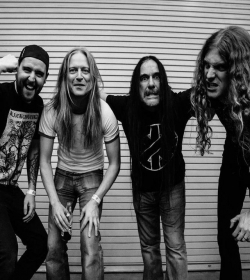
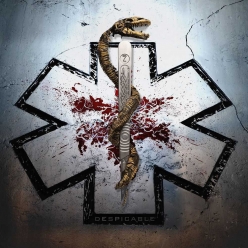
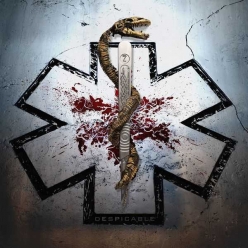
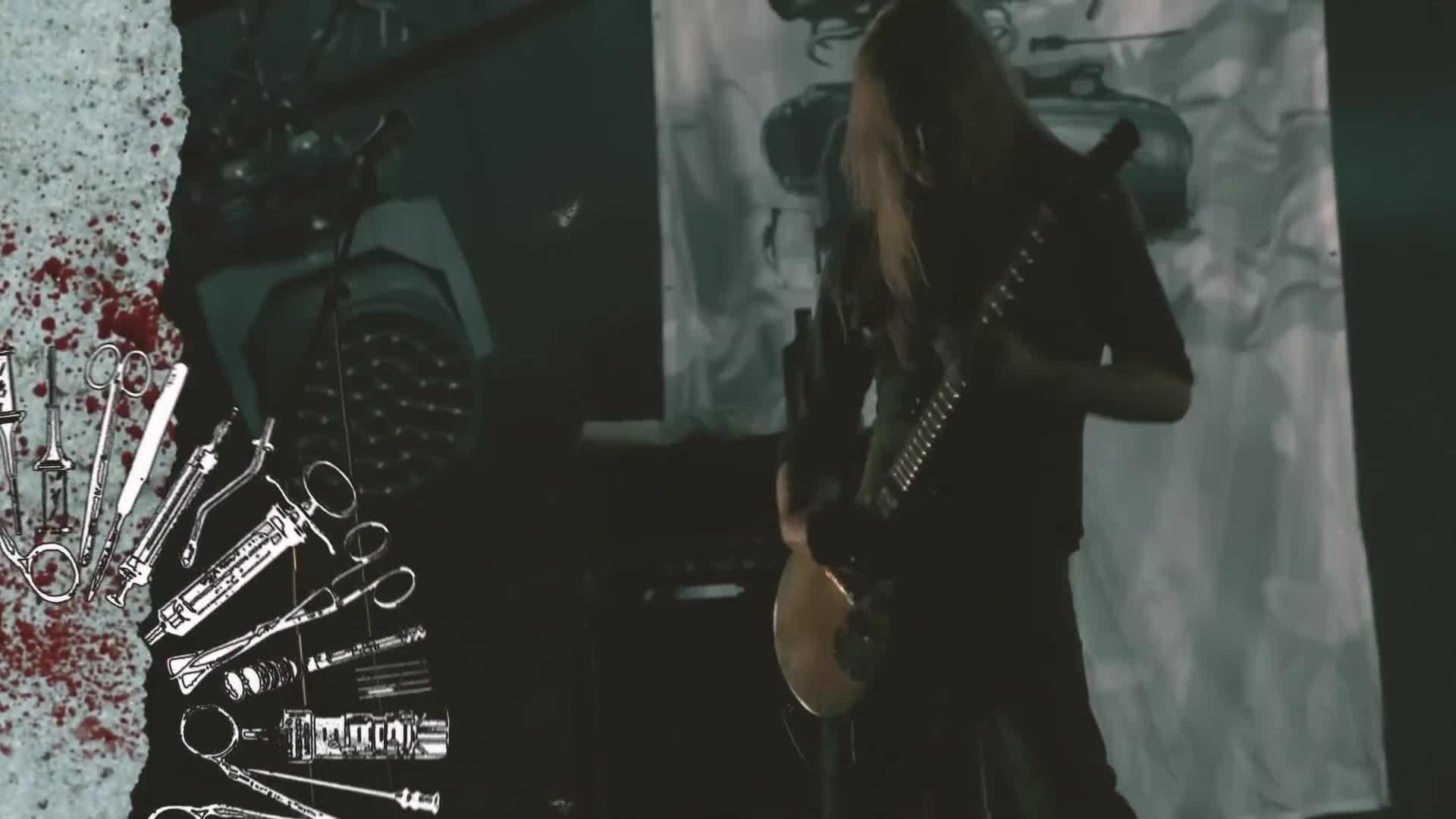
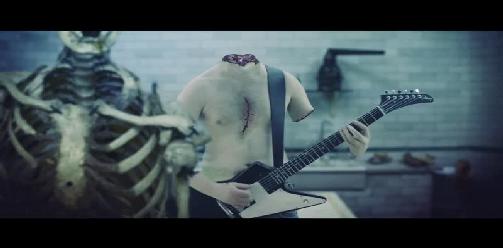

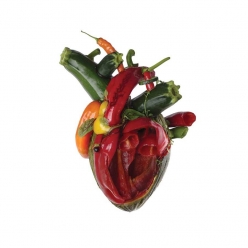
-1603996160-248x248.jpg)





